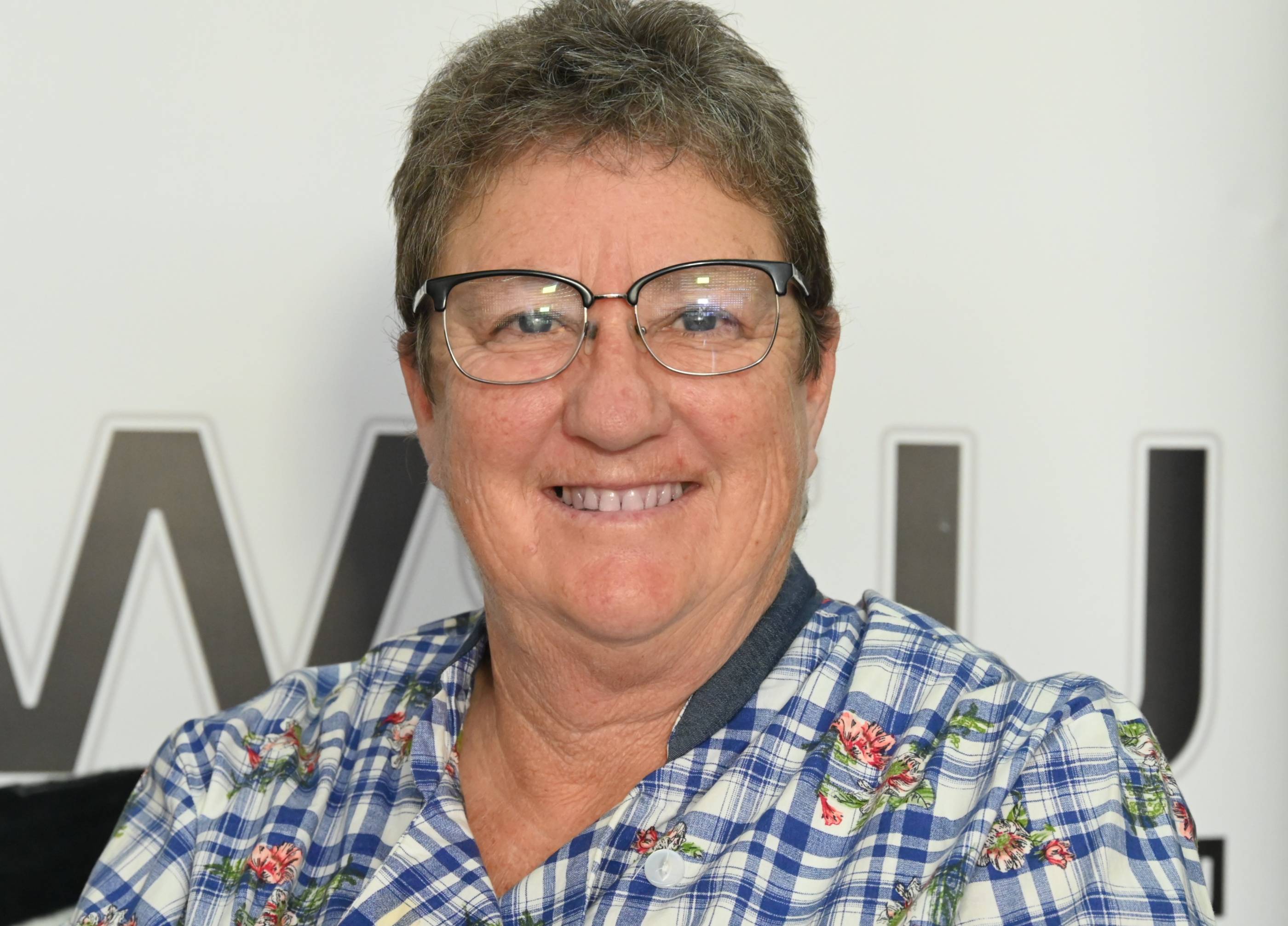WSU WELCOMES A NEW DVC TO ADVANCE ITS ACADEMIC AGENDA

To advance its academic agenda, WSU welcomes Professor Margaret Joan Linington also known as “Prof Maggie” as the new Deputy Vice-Chancellor: Teaching and Learning.
With a distinguished career in higher education and a deep commitment to academic excellence, Linington brings a wealth of experience and innovative vision to WSU.
Linington's academic journey is marked by dedication, leadership, and a passion for fostering educational growth. She has held various academic and administrative roles, demonstrating a strong commitment to improving teaching standards and student outcomes. Her career spans over three decades, during which she has consistently championed innovative teaching methods and curriculum development.
“I started as a researcher at what is now the Agriculture Research Council where I obtained my PhD. I did a short stint at MEDUNSA before I joined Unisa through Vista University and had the privilege of acting as the merger manager for Vista University Distance Education Campus (VUDEC). This role gave me significant insight into the building blocks and functioning of a comprehensive university, a new type of institution at the time. It also helped me develop many negotiating skills. I served as the Head of the department and Director of School,” said Linington.
She was appointed as the Executive Dean when the new College of Agriculture and Environmental Sciences at Unisa was started.
“I led the college team for 14 years, growing it into a significant player in UNISA with new state-of-the-art laboratories and facilities, while gaining extensive experience in university and faculty operations and the academic environment of a comprehensive university,” said Linington.
Linington joined the Vaal University of Technology as the DVC for Teaching, Learning, and Student Support Services during the time of administration. During this period, she revised and introduced the T&L policy regime and assisted in developing various support functions such as risk management and organisational refinement.
“I love applying systems thinking, which has led me to participate in many projects and initiatives beyond teaching and learning at both Unisa and VUT. I have served on almost every task team imaginable, enriching my experience through interactions with the wonderful people I have had the opportunity to serve and learn from.” added Linington.
Linington asserted that she has learned the most from higher education legends, past and present, that she has worked with, as well as the incredible everyday people she has met within her work and across the continent
“At WSU we have an academic strategy, and I am committed to achieving it. This requires people who buy into the vision of the university and are dedicated to imagining and realising it. I believe it is my job to lead people and manage processes. In essence, I envision WSU with technology-infused curricula, taught using the best-blended learning approaches that combine in-person and technological methods for optimal learning experiences,” said Linington.
Linington added that the WSU Programme Qualification Mix (PQM) should be responsive to the future digital world, preparing students to be work-ready graduates within the context of the Eastern Cape, South Africa, SADC, and Africa. Learning will be led by experts in their fields.
“I believe universities are on the cusp of a new future, and vocational and technology universities (comprehensives and UoTs) are the universities of the future. They can become among the leading institutions in South Africa and worldwide. Through our applied sciences and African epistemologies, we can become as relevant to South Africa’s growth as the research-intensive universities. I hope to lead the T&L portfolio of WSU along the path to achieving this vision,” said Linington.
Linington said she has a dream to develop a WSU app that that can be logged into every day, connecting people to the WSU life as students, academics, or support staff members.
“To achieve this, we need to envision our digital future, understand our current state, and develop a digital implementation plan. This would, of course, be in partnership with those leading the digital transformation plan across the university. Digital transformation, like all change, starts with each of us,” said Linington.
She concluded that her mission in life is to make a difference. Linington expressed that if, by the time she leaves, she has significantly advanced the WSU strategy, produced future-ready graduates, and ensured the university responds effectively to societal needs, she hopes to look back and proudly say, "Look what we did." She aspires to make a meaningful impact.
By Anita Roji
